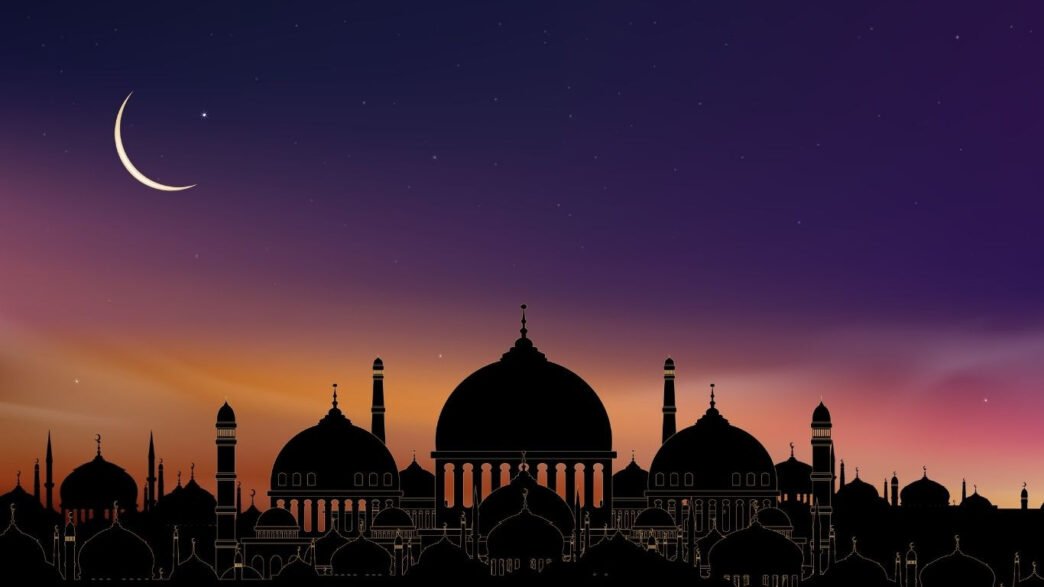Muslims across the globe are preparing to welcome the holy month of Ramadan in 2026, a time dedicated to fasting, prayer, charity, and strengthening bonds within families and communities.
Based on astronomical calculations, the first day of Ramadan is likely to fall on Tuesday, February 17, 2026, in most Arab countries. However, as is tradition, the official confirmation will only come after the sighting of the crescent moon on the 29th day of Sha’ban, the month preceding Ramadan in the Islamic calendar. Moon-sighting committees and religious authorities in each country will conduct observations and make the formal announcement.
The Islamic calendar follows lunar cycles, with each new month beginning when the crescent moon is visible. Because the lunar year is around 10 to 11 days shorter than the solar year, the dates of Ramadan shift earlier each year on the Gregorian calendar. Over a 33-year cycle, Muslims experience Ramadan across all four seasons — from long summer days with extended fasting hours to shorter, cooler days in winter.
For Muslims, Ramadan is regarded as the holiest month of the year. It commemorates the period when the first verses of the Qur’an were revealed to the Prophet Muhammad (peace be upon him). During the month, healthy adult Muslims abstain from food, drink, smoking, and marital relations from dawn to sunset. Beyond fasting, Ramadan is also seen as a time of deep spiritual reflection, increased acts of worship, generosity, and compassion towards the less fortunate.
Communities across the world come together for nightly Taraweeh prayers, special gatherings, and charitable activities. Families often break their fast with iftar meals at sunset, starting with dates and water in line with the tradition of the Prophet. Suhoor, the pre-dawn meal, is also an important part of the daily fast.
The anticipation of Ramadan is already building, with many people preparing spiritually and practically for the holy month. From stocking up on food essentials to arranging community iftar events and charity programs, preparations are seen in households, mosques, and organizations worldwide.
As the date approaches, the sighting of the crescent moon will once again unite Muslim communities in anticipation and devotion. While astronomers have predicted February 17 as the likely start date, the final announcement will rest with local religious authorities, ensuring that centuries-old traditions of moon-sighting remain a central part of Islamic practice.
📅 Key Dates at a Glance
-
Ramadan 2026 (Expected Start): Tuesday, February 17, 2026
-
Eid al-Fitr 2026 (Expected Date): Thursday, March 19, 2026
-
Ramadan 2027 (Expected Start): Saturday, February 6, 2027











